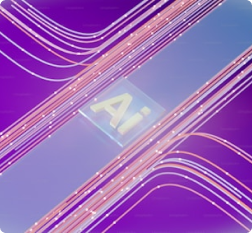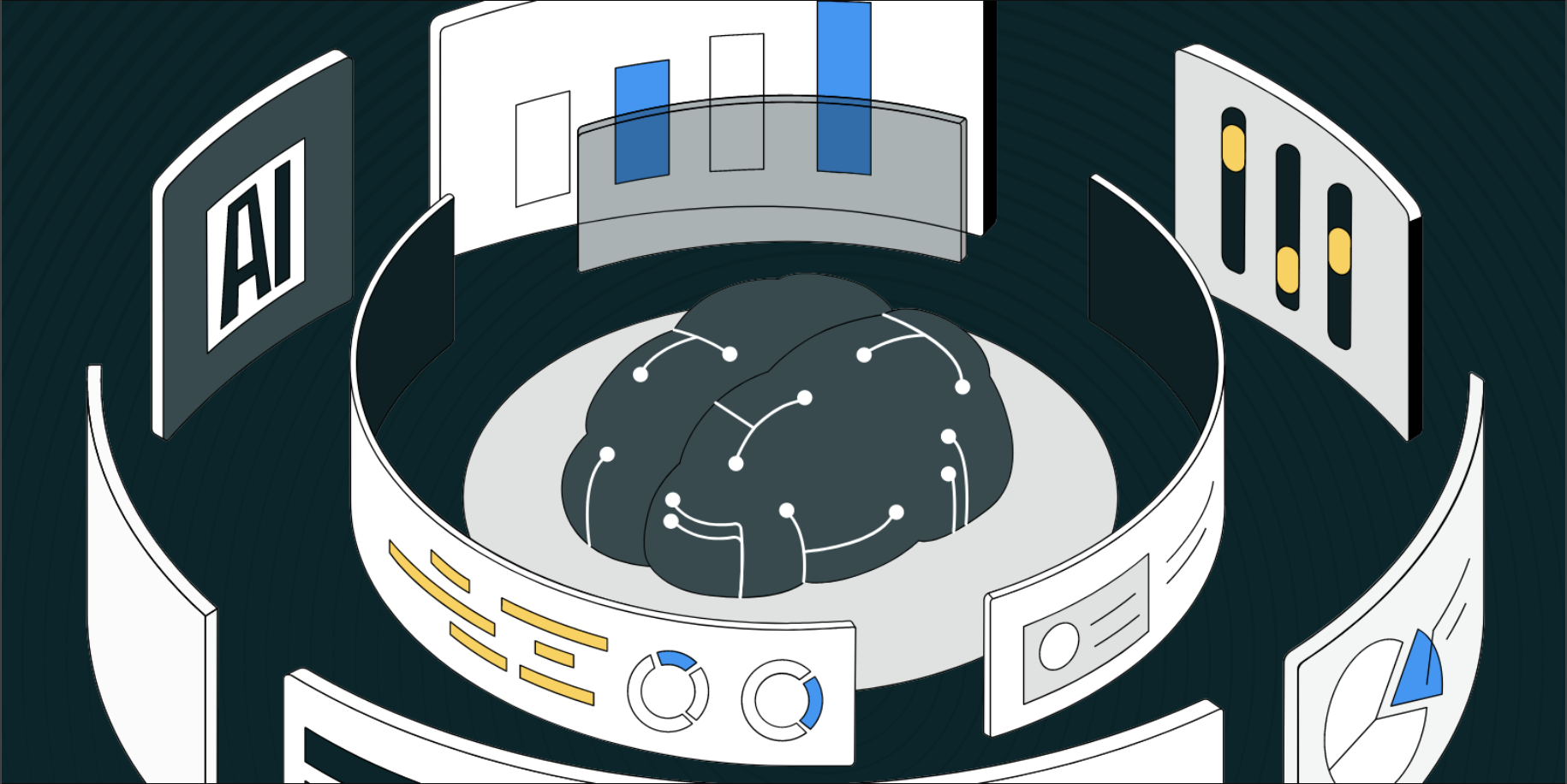- Publication: Harvard Business School
- Publication Date: May 10, 2023
- Organizations mentioned: Boston Consulting Group, Harvard Business School, The Wharton School, University of Pennsylvania
- Publication Authors: Fabrizio Dell’Acqua, Ethan Mollick
- Technical background required: Medium
- Estimated read time (original text): 120 minutes; 156 Pages
- Sentiment score: 68%, somewhat positive (100% being most positive)
TLDR
In a world where artificial intelligence (AI) is rapidly advancing, understanding its impact on our work and lives is crucial. A recent field experiment conducted by Boston Consulting Group (BCG) and a team of researchers sheds light on the complex relationship between AI and human performance in knowledge-intensive tasks. The study, involving 758 BCG consultants, offers valuable insights into the “jagged frontier” of AI capabilities and how professionals can effectively collaborate with AI to achieve optimal results.
Thinking critically
Implications:
- Adoption of AI like LLMs for knowledge work tasks could substantially boost productivity, creativity, and quality (12-40% in the study), with potential to accelerate economic growth. However, lower-skilled workers may face displacement without reskilling opportunities.
- Organizations will need to redesign workflows, roles, training programs, and management practices to enable effective human-AI collaboration. Optimal collaboration may involve Centaur or Cyborg approaches.
- Overreliance on AI could lead to deskilling, erosion of critical thinking, and more homogenized outputs if variability is not actively maintained.
Alternative perspectives:
- The study was limited to a single consulting firm so findings may not generalize across other organizations and industries. More research is needed on different tasks.
- There may be longer-term risks of overreliance on AI like reduced innovation or issues with accountability that were not captured in a short-term study.
- The tasks tested may not fully represent the breadth and complexity of real-world knowledge work activities. More complex tasks may fall outside the capabilities frontier.
AI predictions:
- As AI capabilities expand, the share of tasks inside the frontier is likely to grow rapidly, accelerating integration. However, new challenges will arise as the frontier shifts.
- Effective human-AI collaboration will become a core competency, changing training priorities and potentially hiring criteria. Companies may need specialists in AI collaboration.
- Governance frameworks, monitoring, and controls will be imperative to ensure responsible and ethical AI usage and address risks as they emerge.
Glossary
- Jagged frontier: The uneven capabilities of AI where some tasks are easily automated while other tasks of similar complexity remain outside of AI’s current skills. The frontier shifts as AI advances.
- Centaur: A human-AI collaboration model where humans strategically switch between themselves and AI for subtasks best suited to each, fusing together strengths like the mythical half-human, half-horse creature.
- Cyborg: A human-AI collaboration model with intricate integration where humans and AI collaboratively work on subtasks together in tight tandem, like a cybernetic organism.
- LLMs: Large language models, a type of AI like ChatGPT capable of generating human-like text.
- Retainment: The degree subjects directly retained and copied AI-generated text into their own work.
- Semantic similarity: A measure of how similar two pieces of text are in their underlying meaning, not just word usage.
- USE: Google’s Universal Sentence Encoder, which encodes text into semantic vector representations.
Members also get access to our comprehensive database of AI tools and fundraising







 Join hosts Anthony, Shane, and Francesca for essential insights on AI's impact on jobs, careers, and business. Stay ahead of the curve – listen now!
Join hosts Anthony, Shane, and Francesca for essential insights on AI's impact on jobs, careers, and business. Stay ahead of the curve – listen now!
 Jumpstart your AI journey in our hands-on workshop designed for beginners. Learn to harness the power of ChatGPT and practical AI applications with ease!
Jumpstart your AI journey in our hands-on workshop designed for beginners. Learn to harness the power of ChatGPT and practical AI applications with ease!


